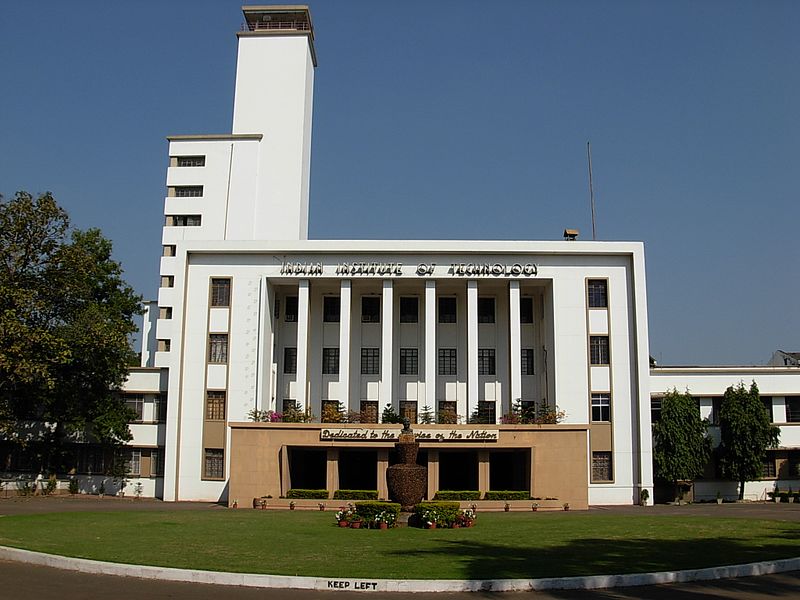India faced a rough 2017 in the tech sector. Among highs there were also some profound hurdles over which to leap.
Before last year hit the halfway mark it had become clear that Modi’s skills program had faltered during the first furlong, having promised to train 400 million people by 2022. But Sharda Prasad, former head of the Directorate General of Education & Training, headed up a governmental panel which found that, “The unmistaken conclusion is that…an amount of Rs. 2500 crore of public funds was spent to benefit the private sector without serving the twin purposes of meeting the exact skill needs of the industry and providing employment to youth at decent wages.”
This might sound like the classic stumble of any large-scale government program, but it’s much more profound than that. With India’s high poverty levels, the education system is going to need to be strong enough to pick up the slack in the economy. And that means a skills program which fulfills the Prasad committee’s proposal of decent employment which meets the skills requirements of the industry.
Added to which, India’s outsourcing companies underwent some serious deflation this year which may be set to continue. The trend seems clear, India needs to train it’s citizens up and become a primary producer on which other nations rely, rather than the other way around. So what are the important steps to get this done?
Education
Firstly, the trend of training up tech workers in the private sector must end, since this can only benefit those who have already gone through the education system. Research from The Equality Trust shows that social mobility and education are intimately linked. The public sector needs to be attracting talent from across the socioeconomic spectrum, producing graduates fully equipped for the economy they’re entering. This means endowing workers with fundamental skills to be honed on-the-job, the future will see a workforce which may require the ability to build artificial intelligence engines, things built on blockchain and IoT applications. If the education system isn’t up to scratch, the economy will fall behind.
AI
Blockchain will be very important but it has a way to go yet. And IoT will happen quite naturally from a number of other advances. AI is the tech which is going to accelerate away from everyone at a rate determined by the front-runners, and India has some serious obstacles en route. The rate of acceleration unique to AI will mean that the countries furthest ahead will be able to accelerate development fast, which could have the effect of increasing global inequality. The next few years are going to be it for AI, and India cannot afford to fall behind. Not only is it important because of the speed at which AI moves, but also because it will be one of the major technologies which underpins everything everyone does in the future.
Electric Vehicles
This might sound like an odd choice, the automotive industry is moving in a number of different directions at once. But as for electric vehicles, all major car manufacturers have committed – having been forced to by Tesla. Electric vehicles fit very naturally with any driver-less technology of the future, which will require a seamless fit with the AI industry. Furthermore, electric vehicles will require India to think very carefully about it’s infrastructure. The term “range anxiety” entered the Oxford English Dictionary in 2013, referring to the concern that electric car users will run out of charge before they get to their next charging station. With oil on it’s way out of use a network of petrol pumps is no longer worth investing in, but a network of charging stations is. Roads, outlets, GPS and data will all be required more and more along all the major routes throughout the country. Electric vehicles will be the proxy for a proper infrastructure network which will in turn allow India to do everything else.












